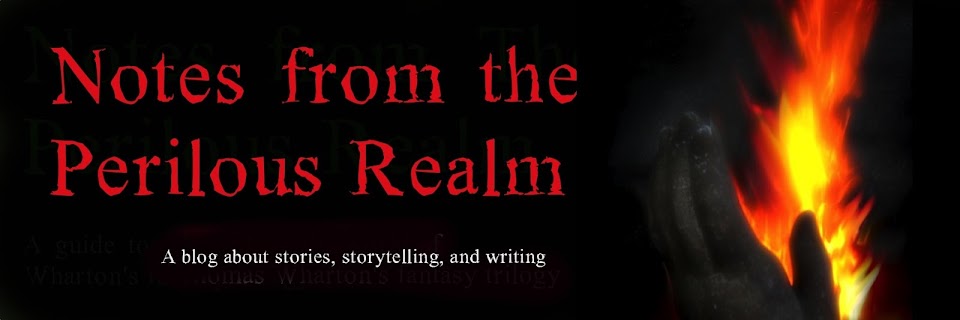Ten Eleven Things You Didn’t Know about Dragons
(a revised version of a popular post from the past)
1. Dragons guard hoards of treasure not out of greed, but
because of the healing and rejuvenating properties of gold. Dragons lying on
hoards have been overheard purring. How else do you think they manage to live for hundreds of years?
2. That’s right, some dragons purr, like cats. This should
not, however, be taken as a sign that the dragon is well-disposed toward you. As with domestic felines, deep contented purring often precedes a particularly vicious attack.
3. The average dragon’s pulse beats once per minute. A
dragon’s heartbeat may be audible from a mile away, or felt as a tremor in the
ground from an even greater distance. That is why many professional
dragonslayers go barefoot, to get as much advance warning of the presence and
location of their enemy as possible.
4. Dragon bone is the hardest substance known to be produced
by animal bodies. On the Mohs scale of hardness (in which diamond rates at 10),
human tooth enamel is rated at 5, and dragon bone comes in at 9, the same
hardness as sapphires and rubies, and far harder than quartz, iron and steel.
5. The longest-lived dragon is reputed to be Tau Lung, who
was born before the formation of the Earth and inhabits the Sun (he may be
responsible for sunspots and solar flares).
The shortest-lived dragons are
the “offspring” of Motherworms, immense sack-like black dragons capable of vomiting
hundreds of small fiery “drakelets” at their enemies. The drakelets can briefly
fly on their own power but in a matter of moments they fall apart into gobbets
of flame or burn to ash. Since the drakelets do not last long enough to reach
maturity, it is not known how Motherworms actually reproduce.
6. There are seventeen officially recognized classes of dragon,
including the well-known Firedrakes, as well as ice dragons, riverdrakes, celestial
dragons, bookworms, etc. The classification of certain dragon-like creatures is
currently in dispute, most notably in the case of the scaly flatwyrm, a
parasitic organism that infests the digestive system of dragons and can grow to
be over one hundred feet long. The scaly flatwyrm most often infests
fire-breathers, and its irritating presence in the dragon’s bowels is said to
be the real reason these dragons so often go on destructive rampages.
7. Dragonflesh contains no fat. It is the healthiest and most
vitamin-rich meat available, if you can get it. One has to be careful cooking
dragon, however, since it can spontaneously combust, sending gobbets of fiery
nastiness in every direction.
8. The most intelligent dragon ever known, Auuggg the
Venerable, held a Chair in astronomy and synchronicity studies at Hypatian University in New
Alexandria. She taught there for seventy-nine years before taking a well-earned
retirement, though she still continued to give lectures as a
Professor Emeritus for a long time, lectures that well-attended even though it was said they did tend to "drag on." Auuggg's office was a cavern deep underground said to be lined
with the bones of hapless graduate students who never finished their
dissertations.
9. The vulnerable spot on a dragon’s hide is not always on
its underbelly. Dragons have been known to have what professional dragonslayers
call “sweet spots” on other parts of their bodies, including the head, limbs,
and tail. There have been legendary dragons whose hides were said to be
completely impenetrable, but these creatures apparently all died of boredom
after several centuries and thousands of failed attempts on their lives.
10. According to most enigmatists, a dragon is an event, not
a thing. A fire-breather like the legendary Smaug, for example, is what happens when heat, oxygen, and
combustible material combine with story.
11. There are some who attribute the global warming trend to the increased activity of fire-drakes. This is, of course, simply more evasion of human responsibility. Fire-breathers and all other kinds of dragons are in decline as a result of pollution, human population growth, and the rise of extreme weather events. It seems that not even our oldest and most powerful myths are invulnerable to the kinds of sudden, unprecedented change our species is bringing to this world.











































